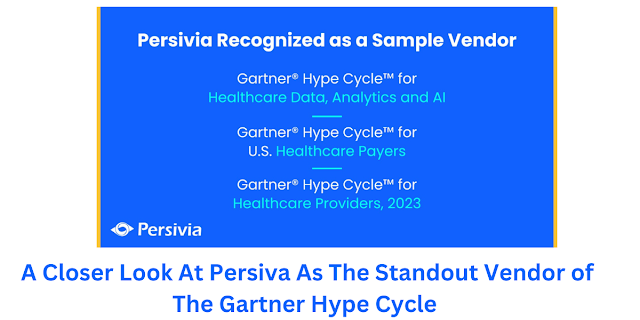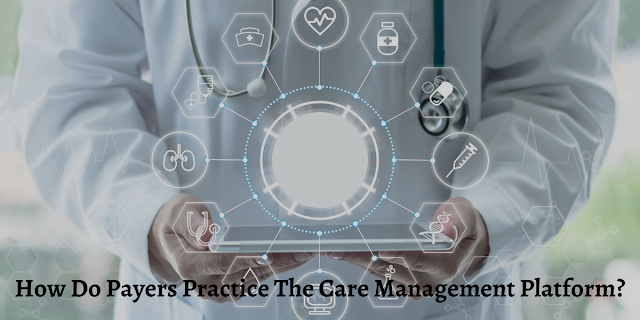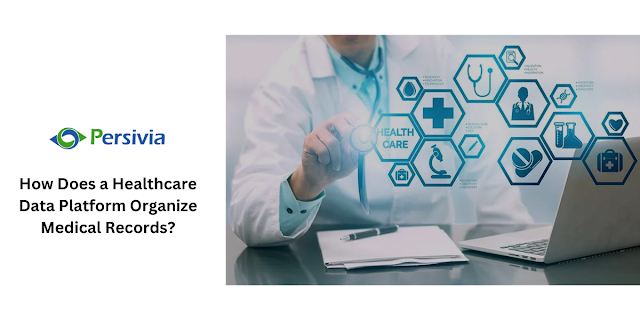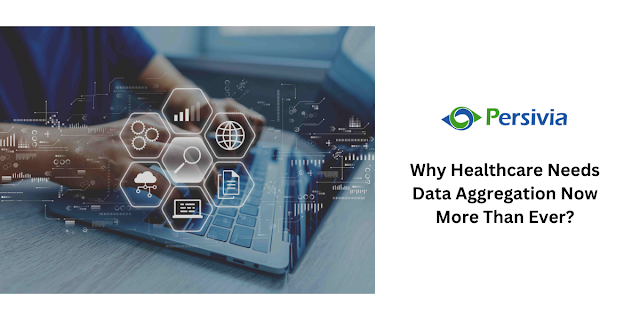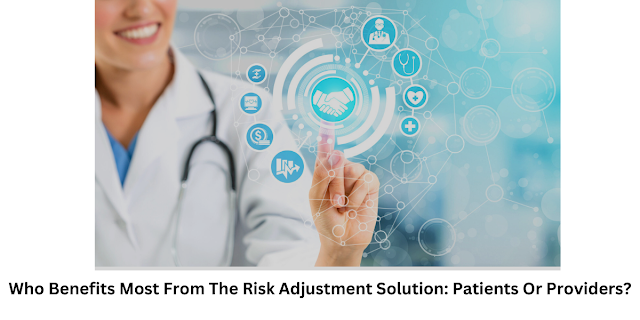The Highlights of V24 to V28 for Medicare Advantage HCC Coding
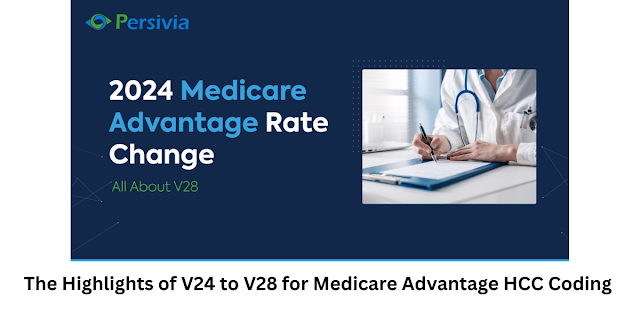
Version 24 to Version 28 represents the most recent and substantial change in the Medicare Advantage HCC Coding . Medical Advantage Organizations (MAOs) and healthcare organizations must consider the broad effects of this change. We must first realize the relevance of HCCs in Medicare Advantage to fully understand the change from V24 to V28. To forecast future costs and payments for patients in Medicare Advantage plans, HCCs were created by Medicare. Concerns have been raised about upcoding in these programs, which could result in excessive payments. The Centers for Medicare & Medicaid Services (CMS) intends to solve these issues by enhancing the HCC Coding methodology. The Medicare Advantage Reimbursement Model Shared risk between providers and payers underpins the Medicare Advantage (MA) reimbursement paradigm. It is based on a risk adjustment model that forecasts future expenses using historical claims data, resulting in provider payments. After the industry adopted ICD
